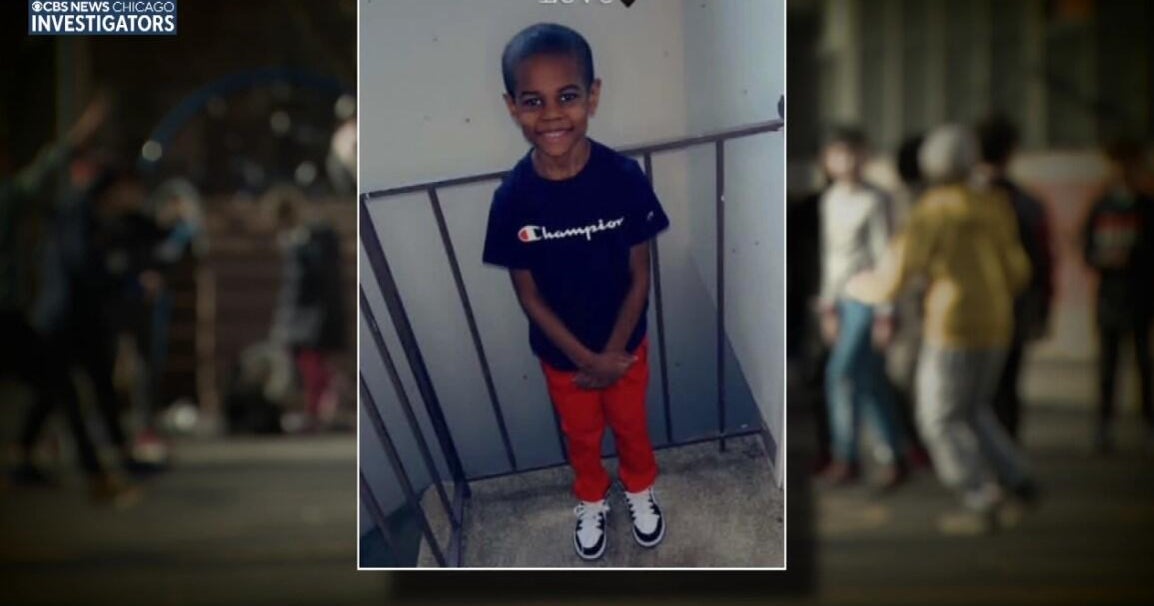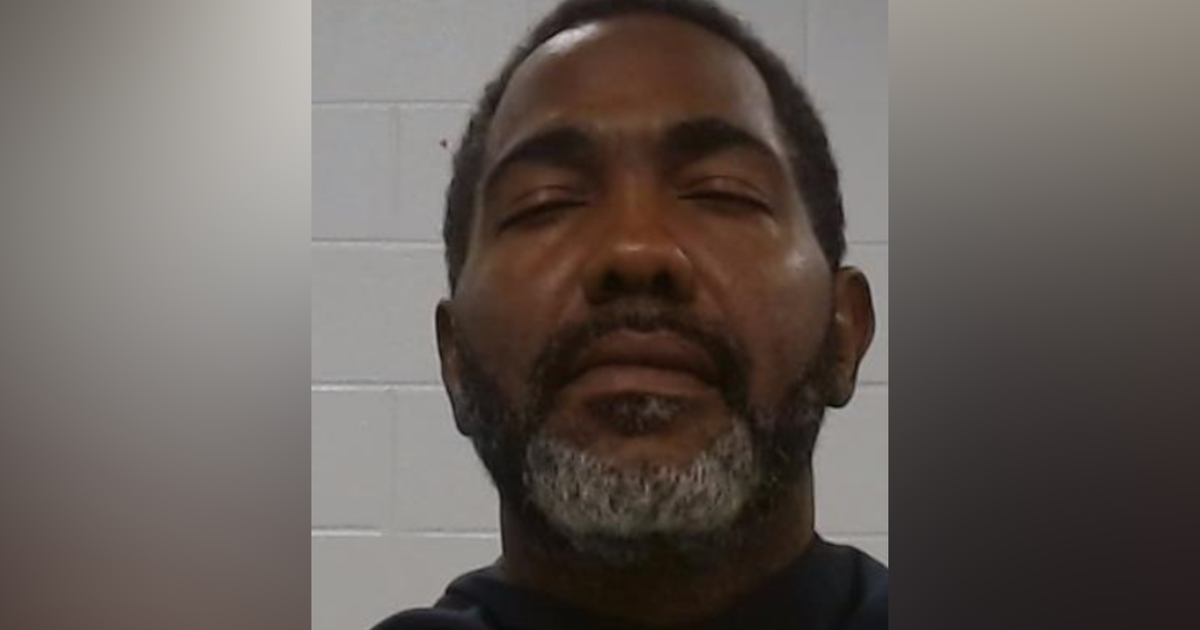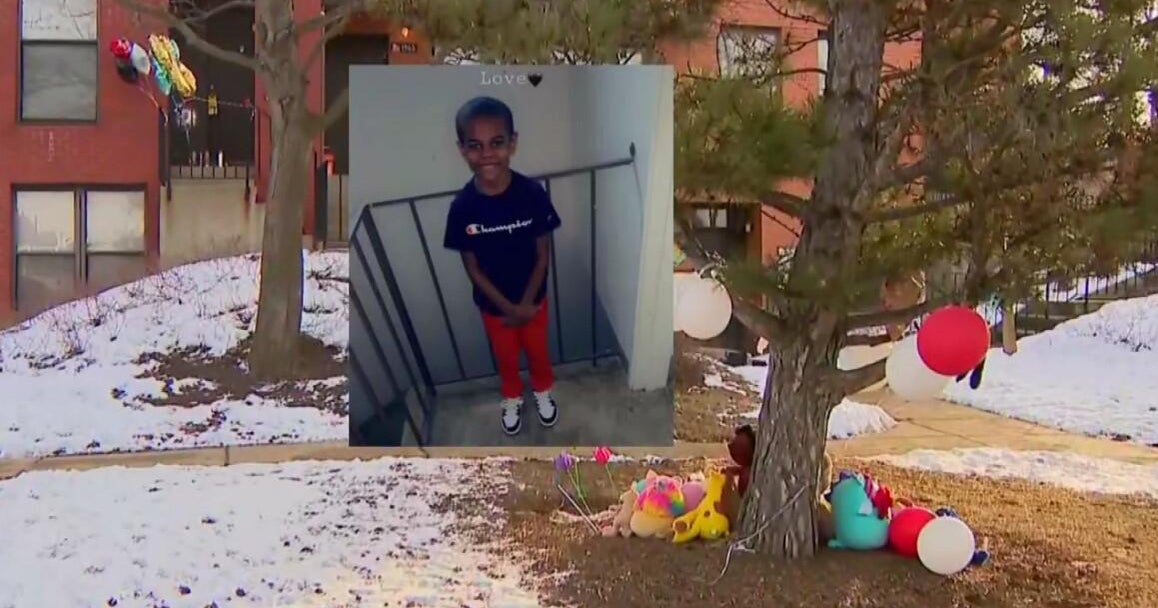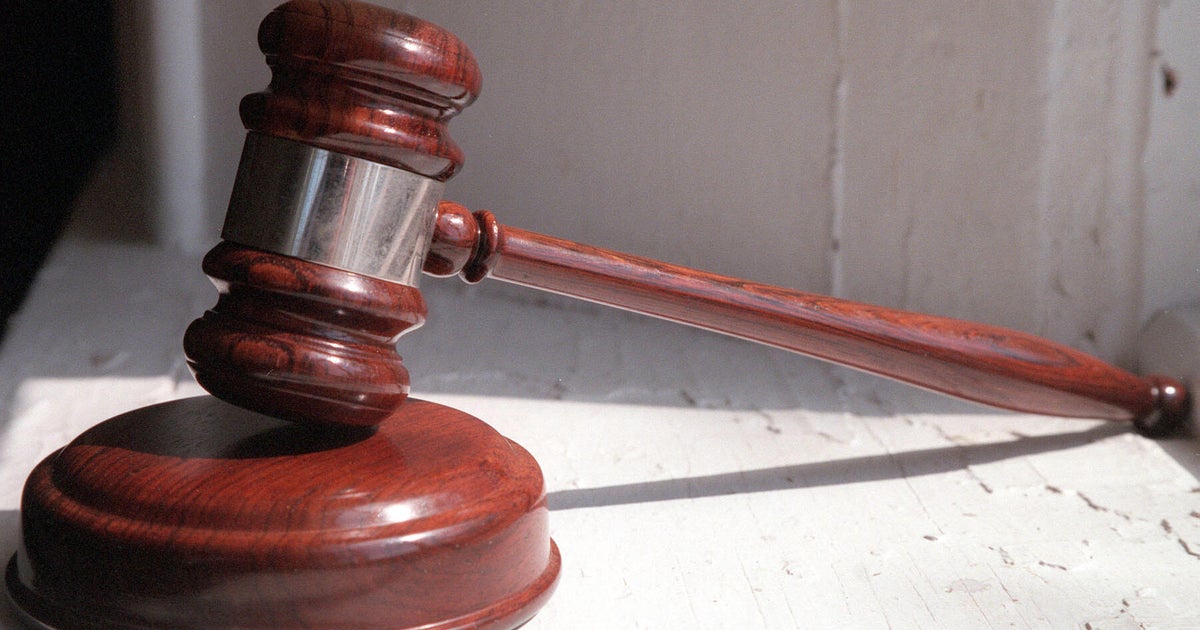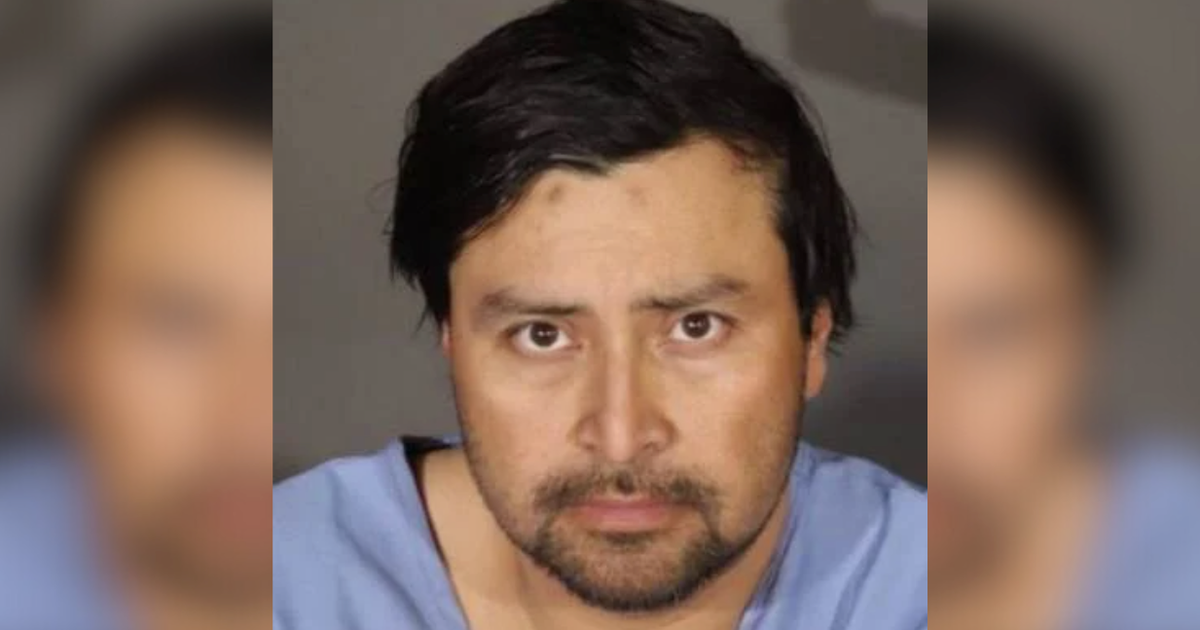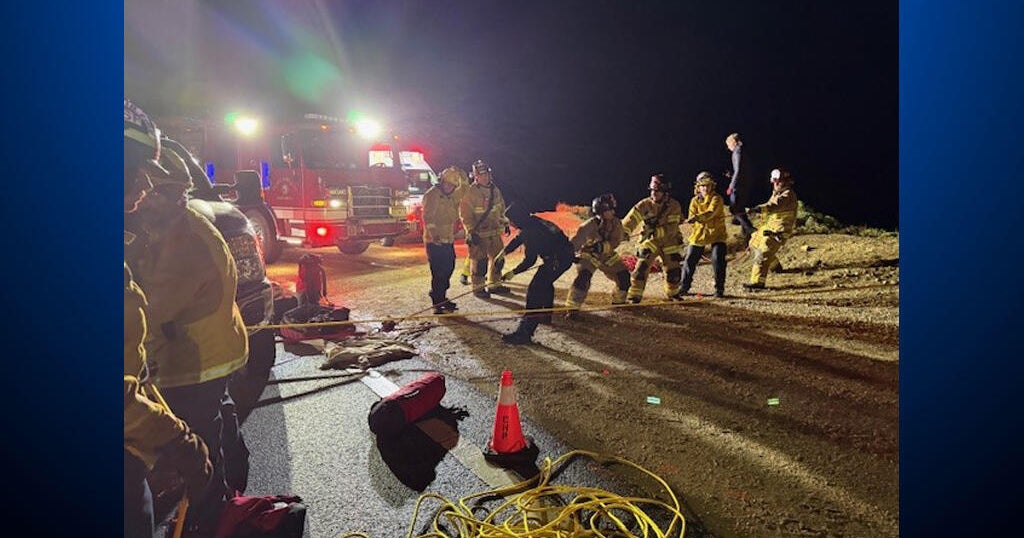DCF Panel Meets Again In Barahona Case
MIAMI (CBS4) – An independent panel of child welfare experts investigating one of the worst child abuse cases in South Florida history met again Monday afternoon in its effort to determine what went wrong in the state's effort to protect Victor and Nubia Barahona.
This was the fourth meeting by the blue ribbon panel. Last week, the three-person panel learned of glaring holes in the twins' case, including several calls to an abuse hotline years before Nubia's death that child welfare officials deemed unfounded.
It's also been discovered that two people called the Department of Children and Families abuse hotline just days before Nubia's death.
One warned the Barahonas were tying the twins by their hands and feet and keeping them in the bathtub. Another frantic caller said something was wrong because he hadn't seen Nubia and her brother had a split lip that needed stitches, but the Barahonas refused to take him to the emergency room. That caller told the DCF operator he had first contacted Miami-Dade Police, attempting to make a report in person.
As a direct result, Miami-Dade Police Director James Loftus has ordered a probe into whether the complaint desk officer dodged taking the report. Loftus has also quadrupled the size of his department's Child Exploitation Unit. He reassigned 12 detectives from homicide, robbery and other divisions to the team that investigates child abuse cases. The child abuse unit previously had only four investigators.
Following the abuse hotline call, a child protective investigator went to the Barahona home, but never found the twins and the agency never called police.
Before the Barahonas adopted the twins in 2009, the children told a psychologist they sometimes considered killing themselves, but said they wouldn't act on it, DCF regional director Jacqui Colyer said.
The children remained in the home and the Barahonas were allowed to adopt them two years later. Child welfare officials said they recommended the adoption based on an evaluation by psychologist Vanessa Archer that said the children were thriving in the home and it would be detrimental to remove them from the Barahonas.
But Archer's evaluation was incomplete and did not include information from the school when Nubia said her mother hit her.
"The missing piece was someone to integrate all the information we knew about these children. We were getting signs early on but we didn't tie it all together," Colyer said.
Even while recounting the twins' file, officials admitted there were papers missing and data was incomplete.
In a letter to the panel, Archer said there is no system in place to ensure psychologists have the most up to date information from all players in a child's life when performing an evaluation.
"If that doesn't exist, that's a big problem," panel member and attorney Roberto Martinez said.
Karen Mahnk, a former foster child and guardian ad litem, reminded the panel that the miscommunications in Victor and Nubia's case are the same mistakes made in other high profile foster cases in recent years. DCF overhauled its system after a foster child was missing for nearly a year before anyone noticed nearly a decade ago.
"Nubia could have told you what was going to happen. And she tried to," an emotional Mahnk said. "There were certain factors here that were repeatedly overlooked."
Monday afternoon, Miami-Dade Police Department director James Loftus held a news conference about the latest developments in the Barahona case including the arrest of Carmen Barahona on charges of first-degree murder in the death of Nubia.
The twins' father, Jorge Barahona, remains in jail in Palm Beach County. He's also being held without bond on murder charges.
